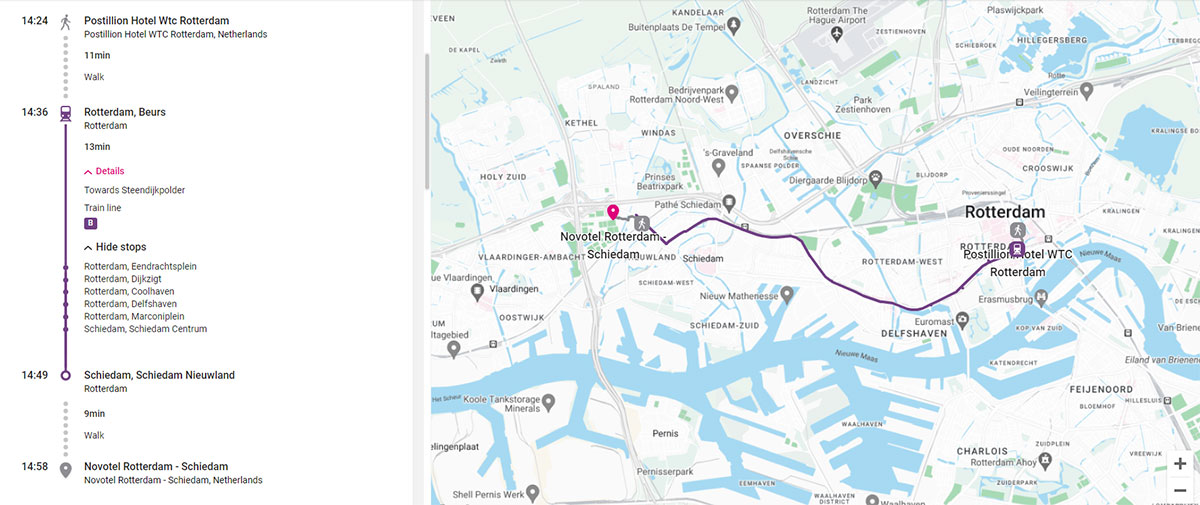
Sanjay Kumar
CEO
Geospatial World
India
Session Highlight
- Geospatial Knowledge Infrastructure (GKI) concepts and key elements.
- Role and relevance of GKI in national development.
- Evolving roles of National Geospatial Agencies (NGAs) in Digital Age.
- Q & A

Ruban Jacob
Associate Director - GKI
Geospatial World
India
Session Highlight
- Scope and fundamentals of economic impact assessment.
- Research Methodologies.
- Modules of economic impact assessment for geospatial. agencies.
- Value of Economic Impact and its relationship with GKI for National Development.
- Two case studies.
- Q & A

Ananyaa Narain
VP - Consultancy
Geospatial World
India
Currently employed as Vice President - Consulting at Geospatial World, Ananyaa Narain, an economist by education, is a leading thought leader in the socio-economic and market research space for geospatial, BIM, and frontier technologies worldwide. She was recognized as a 40U40 geospatial professional for 2020 by xyHt, and a Geospatial Rising Star 2022 by Geospatial World. Over her eight years of experience in the geospatial technology domain, she is recognized for her result-oriented approach to exploring the impact of the cross-linkage of technology, economics, and policy using varied qualitative and quantitative tools and frameworks. Her professional expertise includes working with cross-sectoral and interdisciplinary stakeholders across technology, academia, and government stakeholders for market size and forecast assessment, socio-economic impact evaluation, developing national policy and governance frameworks, and initiating and contributing to global technology and policy dialogue and debates through research reports and articles, and conference convening.
Session Highlight
- Evolution from static data to data streams to knowledge.
- Role of real-time data in providing actionable context.
- Technology enabling real-time observations.
- Integration of real-time data for knowledge creation to support decision-making.
- Case for public participation in real-time observations and decision-making.
- Q&A

Josef Strobl
Department of geoinformatics
University of Salzburg
Austria
Session Highlight
- Introduction to National Geospatial Portal (NGP) and their objectives.
- Importance of NGPs in providing access to geospatial data and services.
- Overview of the structure and components of NGPs.
- Key features such as data search, visualization tools, data analysing, data download options etc.
- Real-world examples of how NGPs have been used in different projects and applications.
- Q&A











